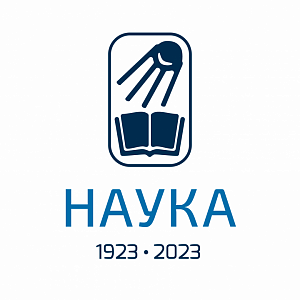Article
Plasma Investigations
2017. V. 55. № 2. P. 183–190
Korshunov O.V., Chinnov V.F., Kavyrshin D.I.
The kinetic model of al oxidation in heterogeneous aluminum-water plasma. Negative ions
Annotation
We investigate the mechanisms of formation and death of negative ions in aluminum-water plasma, their role in kinetics of its ionization and recombination, and influence on plasma parameters. Negative ions, in contrast to the positive, do not in fact participate in the heterogeneous processes and require, to enhance their influence on the plasma parameters, first, high electron temperatures $(\sim 1.5$ eV and higher$)$ and, second, low $n_e$ and $[\rm Al]$ concentrations: in this way, they make a great contribution to the $\rm H_2O$ dissociation at the expense of the electron energy $(2$–$8$ electrons per a molecule$)$. We show that, even in the most favorable conditions – at low $\rm H$ and $\rm O$ concentrations within the experimental temperature range, $T_e = 0.6$–$1$ eV, – the negative ions do not, in fact, influence the $\rm Al$ concentration and, in the operation reactor zone, the other parameters, except for the microparticle concentration. We reveal the source, important for the spectral diagnostics of the atomic emission, of recombination populating of the excited $\rm Al$ levels. We have concluded the impossibility of its use in order to optimize the operation of the aluminum-water plasma-chemical reactor.
Article reference:
Korshunov O.V., Chinnov V.F., Kavyrshin D.I. The kinetic model of al oxidation in heterogeneous aluminum-water plasma. Negative ions, High Temp., 2017. V. 55. № 2. P. 183
Korshunov O.V., Chinnov V.F., Kavyrshin D.I. The kinetic model of al oxidation in heterogeneous aluminum-water plasma. Negative ions, High Temp., 2017. V. 55. № 2. P. 183







